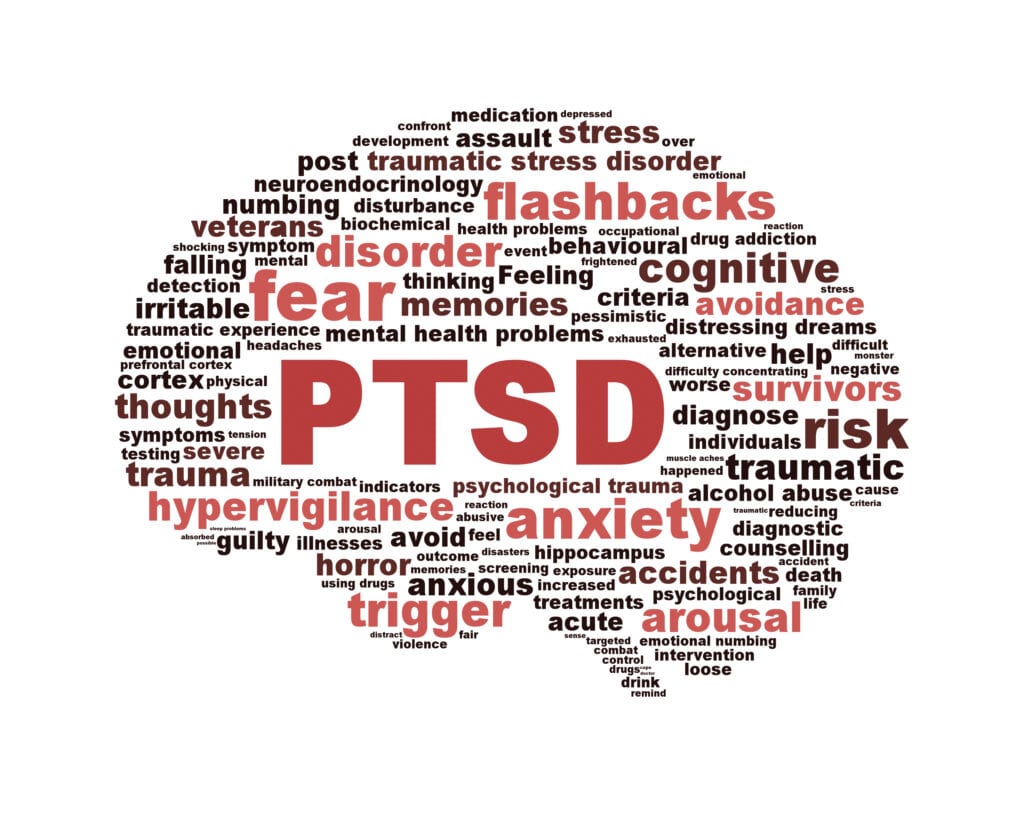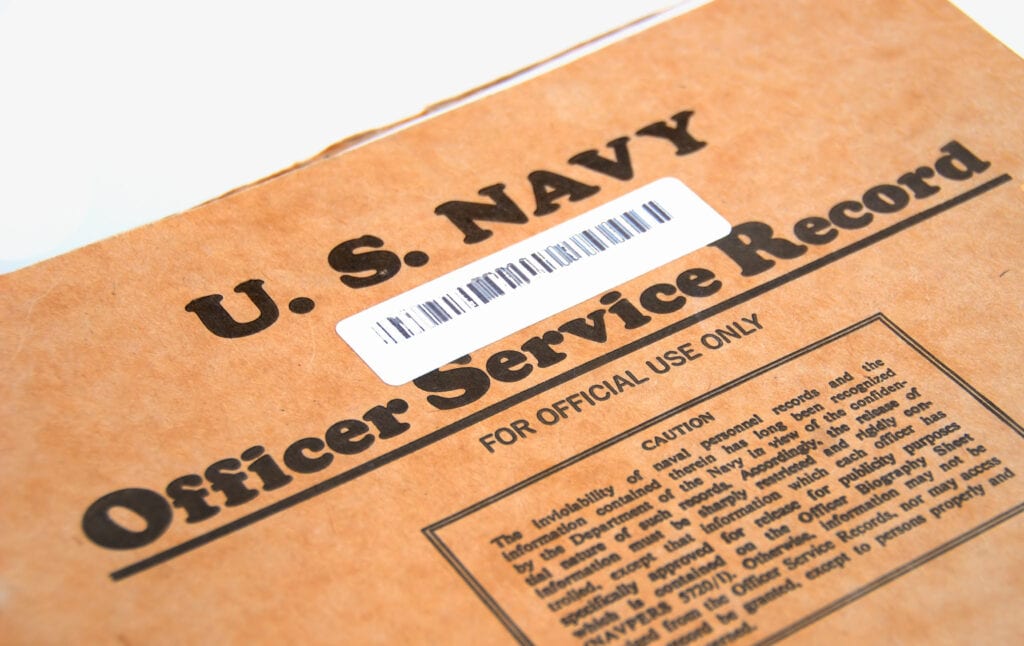

If you want to learn how to implement these strategies to get the VA benefits you deserve, click here to speak with a VA claim expert for free.
Recently at VA Claims Insider we’ve seen a string of non combat PTSD stressor denials because the veteran “failed to corroborate that the veteran was actually present and witnessed the non combat PTSD event.”
For example, a Navy veteran had (1) A medical diagnosis of PTSD and was seeking treatment, (2) A personal statement (lay statement) in support of the PTSD claim, (3) A newspaper article about the hurricane event to confirm the stressor event, and (4) A “Buddy Letter” explaining that the event did in fact occur.
At first glance, it might seem like this should have been a slam dunk case for non combat PTSD.
The veteran didn’t even get a Compensation and Pension (C&P) exam and the VA denied the claim.
Because the veteran “failed to corroborate that the veteran was actually present or witnessed the non combat PTSD event.”
Here’s the deal Veterans!
In ALL PTSD Claims, you must be able to verify your stressor event.
In this post, I’ll explain HOW.
You might also like the following Blog posts about VA claims for PTSD:

In ALL non combat PTSD situations you MUST have a buddy letter from a first-hand witness who can corroborate (aka, verify and validate) that YOU were physically present and that you witnessed the stressor event occur.
In this example, the buddy letter did neither. It did not confirm that the veteran was physically present and witnessed the stressor event occur (the hurricane).
Okay, so what evidence will the VA consider when looking at your PTSD non combat claim to verify the stressor?
It’s NOT enough to simply confirm that the event occurred … you must confirm you were there and witnessed the event by a preponderance of the evidence (50% or greater), which in VA speak means “at least as likely as not.”
The first evidence source is something called “Primary Evidence.”
Primary evidence is generally considered the most reliable source for corroborating in-service stressors and should be carefully reviewed when corroboration is required. It is typically obtained from the National Archives and Records Administration (NARA) or Department of Defense (DoD) entities, such as service departments, the JSRRC, and the Marine Corps Archives and Special Collections (MCASC).

Primary evidence includes:
The second evidence source is something called “Secondary Evidence.”
The VA must review the following Secondary Evidence sources critically and carefully for information confirming participation in combat or to otherwise corroborate a claimed in-service stressor when corroboration is required:
This next section is CRITICALLY important to remember:
The VA may accept a “Buddy Statement” from a fellow Veteran as corroboration of a claimed in-service stressor if the statement is consistent with the time, place, and circumstances of the service of both the Veteran and the fellow Veteran making the buddy statement.
If you can’t get at least one-buddy letter from a first-hand witness who can confirm these facts, you’ll almost certainly be denied service-connection for PTSD non-combat.
A Veteran’s lay testimony (e.g., your personal statement) alone may, under specified circumstances, establish an in-service stressor for purposes of establishing SC for PTSD if:
Credible supporting evidence is evidence that
Credible supporting evidence of a stressor may be obtained from sources other than service records. When reviewing evidence to corroborate a claimed in-service stressor, claims processors must consider the credibility and probative value of the evidence to determine if the stressor is consistent with the circumstances of the Veteran’s service.
Examples of claimed stressors that must be corroborated by credible supporting evidence include, but are not limited to,
Corroboration of every detail is NOT required.
Important: While it is incumbent upon each claims processor to review evidence to determine if a claimed in-service stressor can be conceded, stressor concession is ultimately the rating activity’s responsibility.
Hi Veterans, do you need more medical evidence to service-connect and get rated at the appropriate level in support of your PTSD non-combat claim?
Join VA Claims Insider Elite and get expert Strategy, Education, and Medical Evidence to support your VA disability compensation claim.
Want to listen to the VA Claims Insider Podcast? Click HERE now.
Are you STUCK, FRUSTRATED and UNDERRATED?
You are not alone! We are Veterans helping Veterans!
Become an Elite Member and work with our Veteran Coaches to get the rating you deserve!